For thirty-two years, the Special Olympics has teamed up with police officers all over the world to help raise money for their cause. You have probably noticed this partnership as its on display in early summer near the Naval Academy, through the streets of downtown Annapolis, and along Route 2. On June 4, Anne Arundel County police officers partake in their leg of the world-wide, year-long race. Annapolis officers follow suit on the next day, along with officers from many surrounding counties. If so many join in the cause, shouldn’t you know about it too? Below, you’ll find a history on the Torch Run, what it does for the Special Olympics, and more about how you can get involved to help the cause.
We all know what the Special Olympics is (and how positive the reach is), but the Torch Run is something a little less famous. The Torch Run is an event that calls for officers from cities, counties, and states across the world to run several miles (Anne Arundel runs 15) to raise awareness and money for the Special Olympics. Some athletes in the Special Olympics also run with the officers. According to a video on the Special Olympic’s website, http://www.specialolympics.org/Video3.aspx?id=19953, over 85,000 officers have participated in the run across the world. On “The Law Enforcement Torch Run for the Special Olympics,” the Special Olympics relays that in just one year (2011), the Law Enforcement Torch Run (LETR) raised over 40 million dollars. Now, there are over one hundred thousand volunteers in the entire organization, who have helped raise more than 400 million dollars. As you can see from these numbers, the LETR raises a huge chunk of money for the Special Olympics as a whole.
The Torch Run for Anne Arundel county officers begins at Jonas Green Park under the Naval Academy Bridge, where participants are bused to Glen Burnie to begin the trek back to Annapolis. Post-run, officers can enjoy some picnic food at the park. The run begins at 8:45 a.m. Annapolis city officers begin at City Dock and have a ceremony in the afternoon at the starting location.
Hopefully, learning about the officers running throughout what could be part of your commute does not just translate to you finding an alternate route. Rather, recognizing the hard work put in by the officers may inspire you to also contribute to the cause. Even if you are not with the police force, you can most certainly help. There are Special Olympics teams across the nation, all of which require dedicated coaches to train the athletes. In addition, the Special Olympics sets up offices all around the nation–volunteer there too! If you have experience in the healthcare profession, assist in keeping Special Olympics athletes healthy. Finally, you can donate to the foundation. Find more information about getting involved via the following link: http://www.specialolympics.org/Sections/Get_Involved/Get_Involved.aspx.


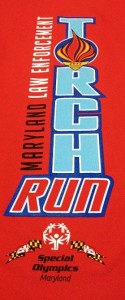
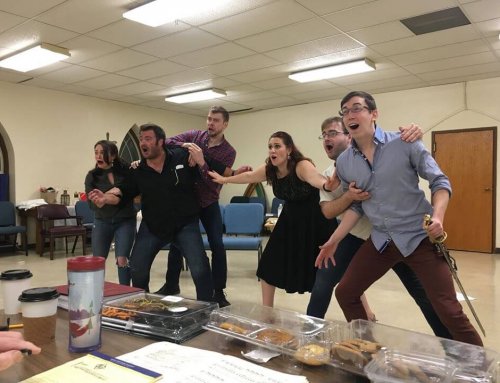
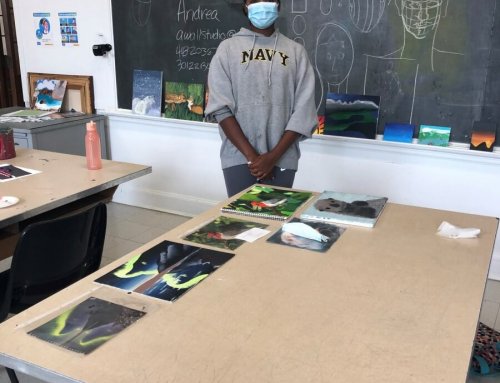
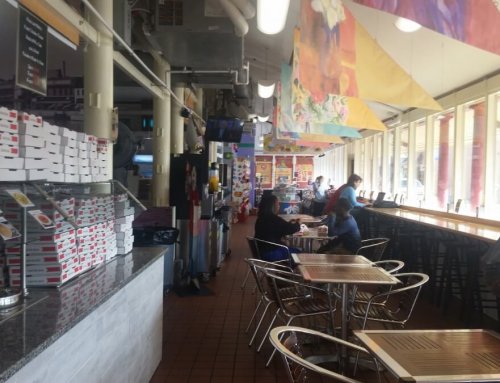
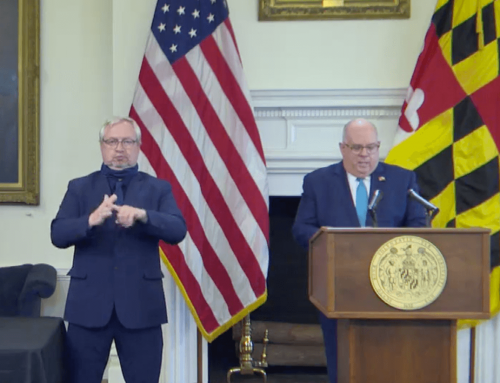
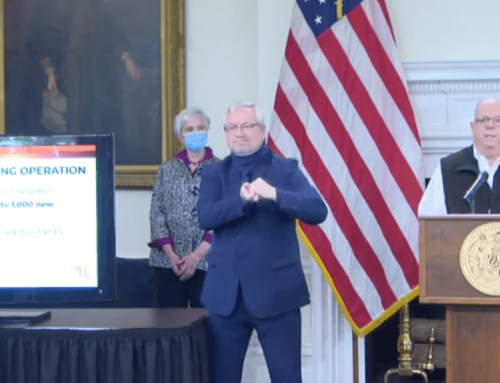
Leave A Comment